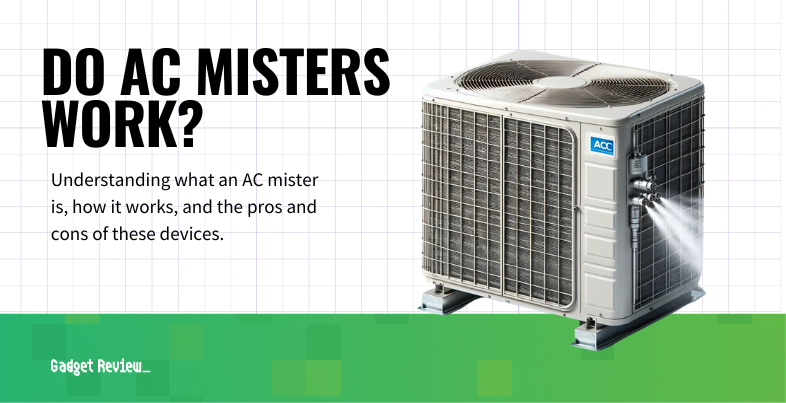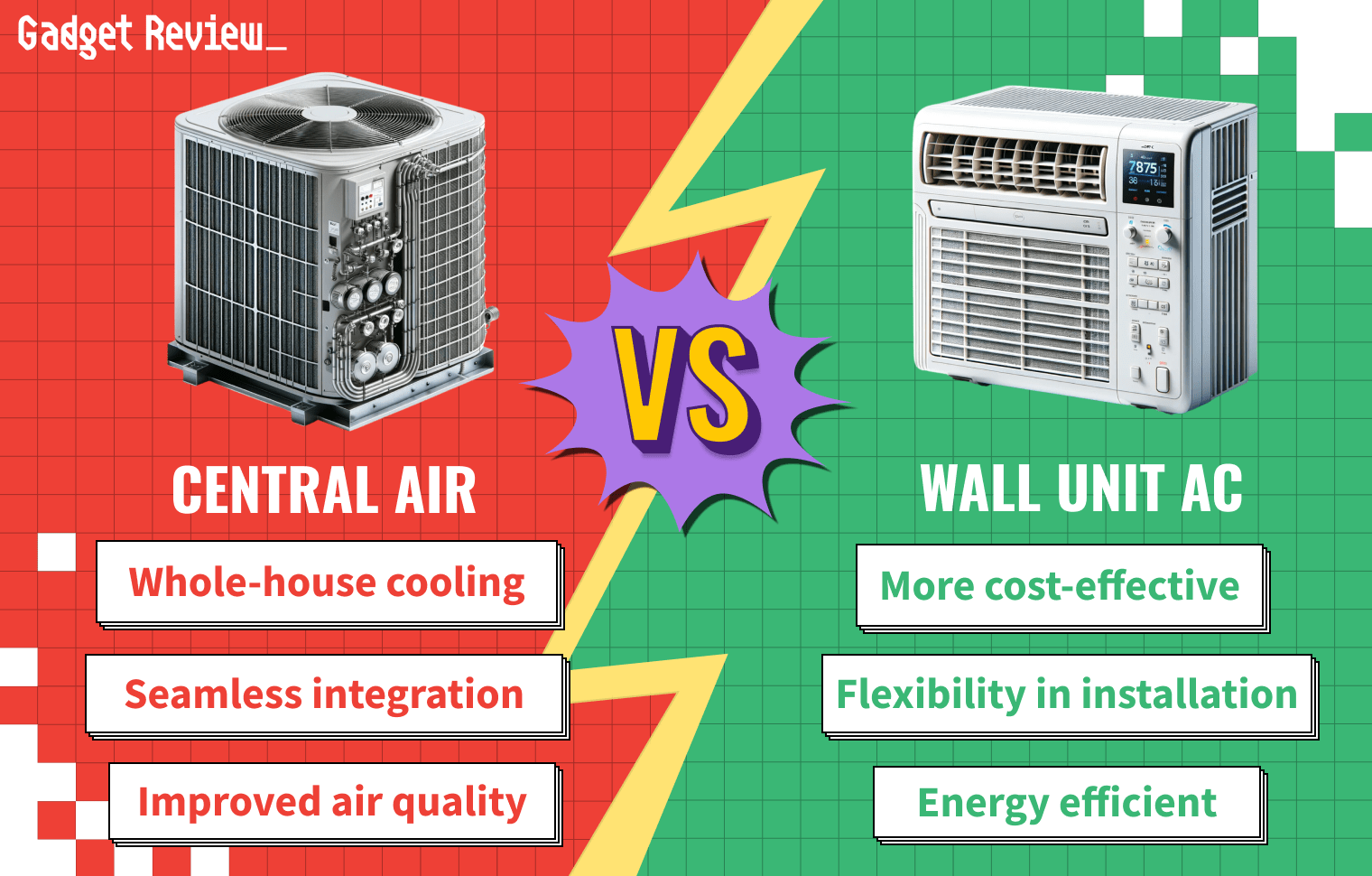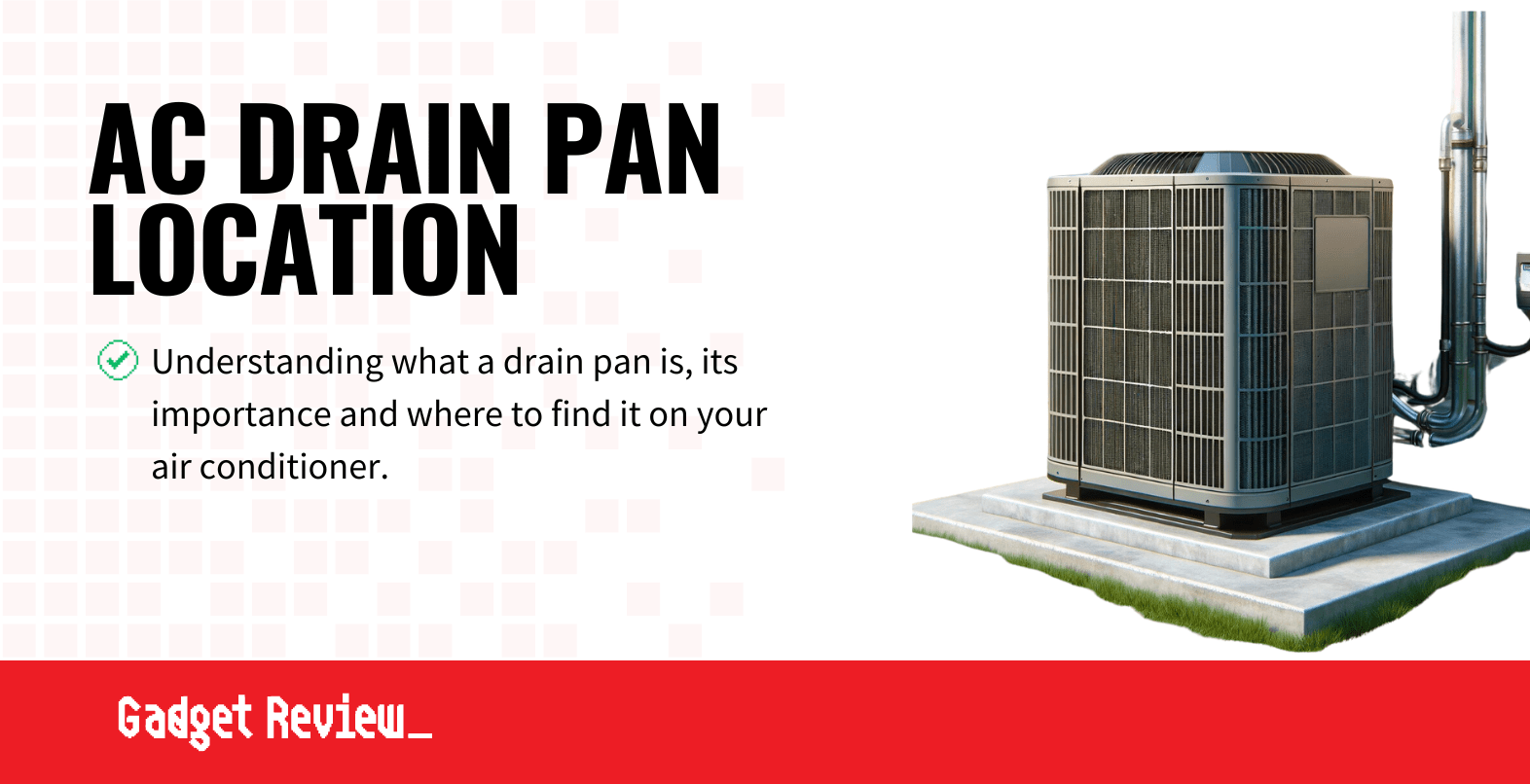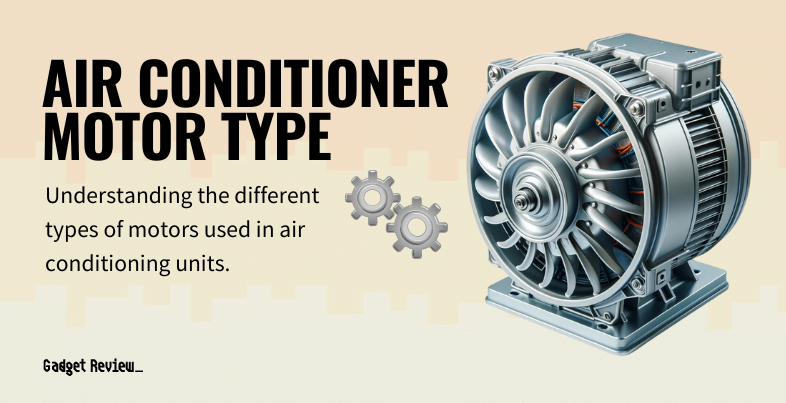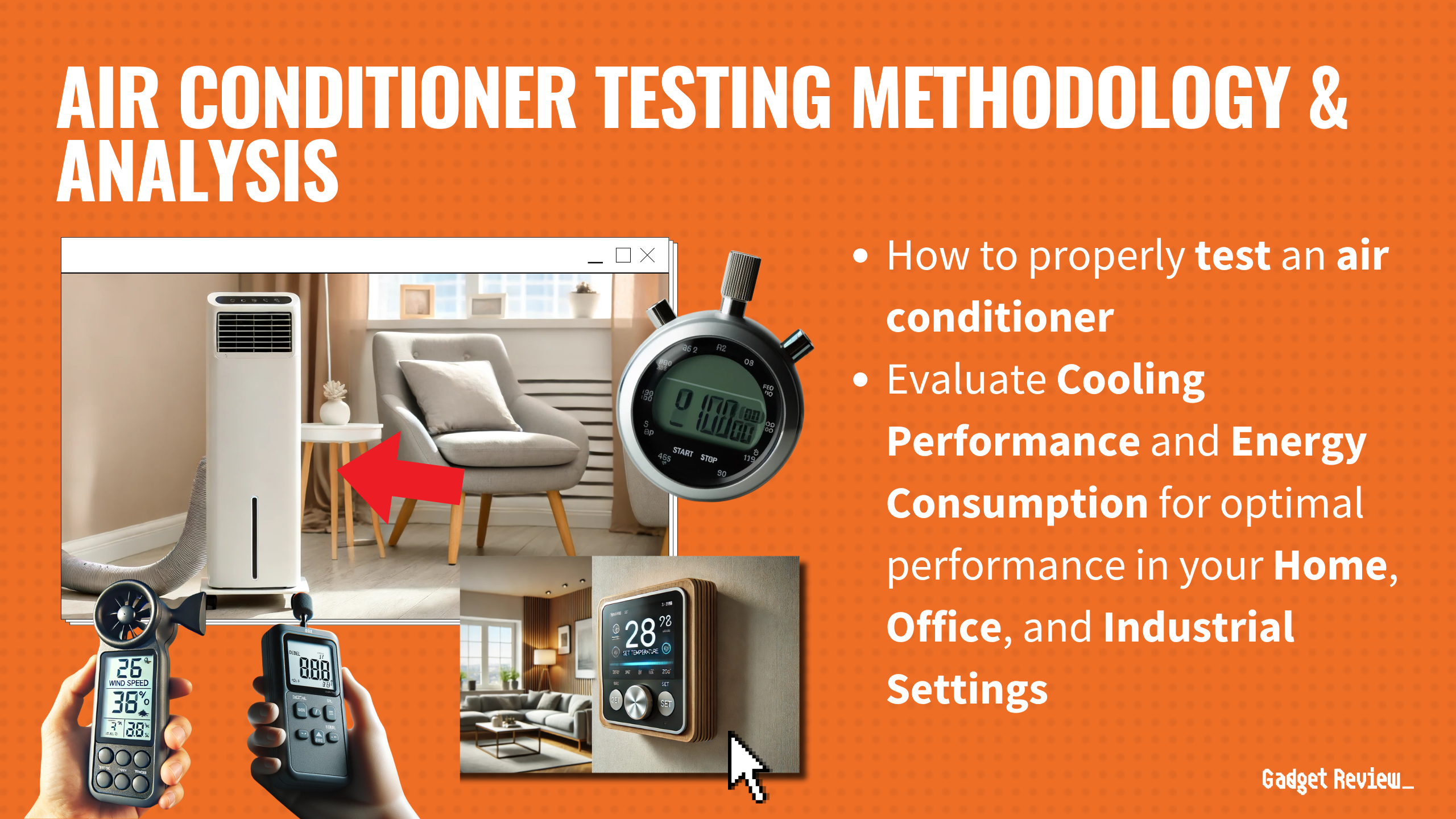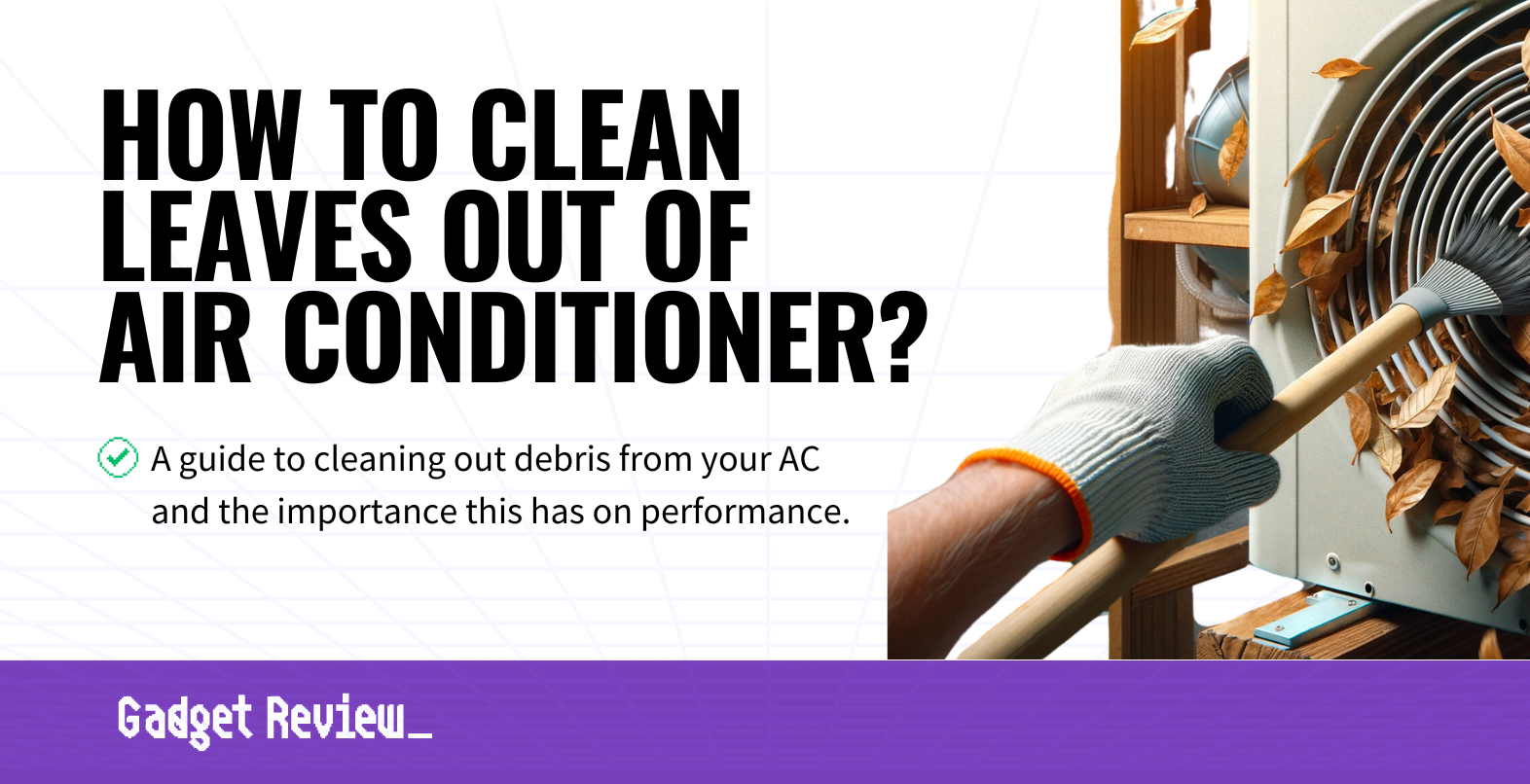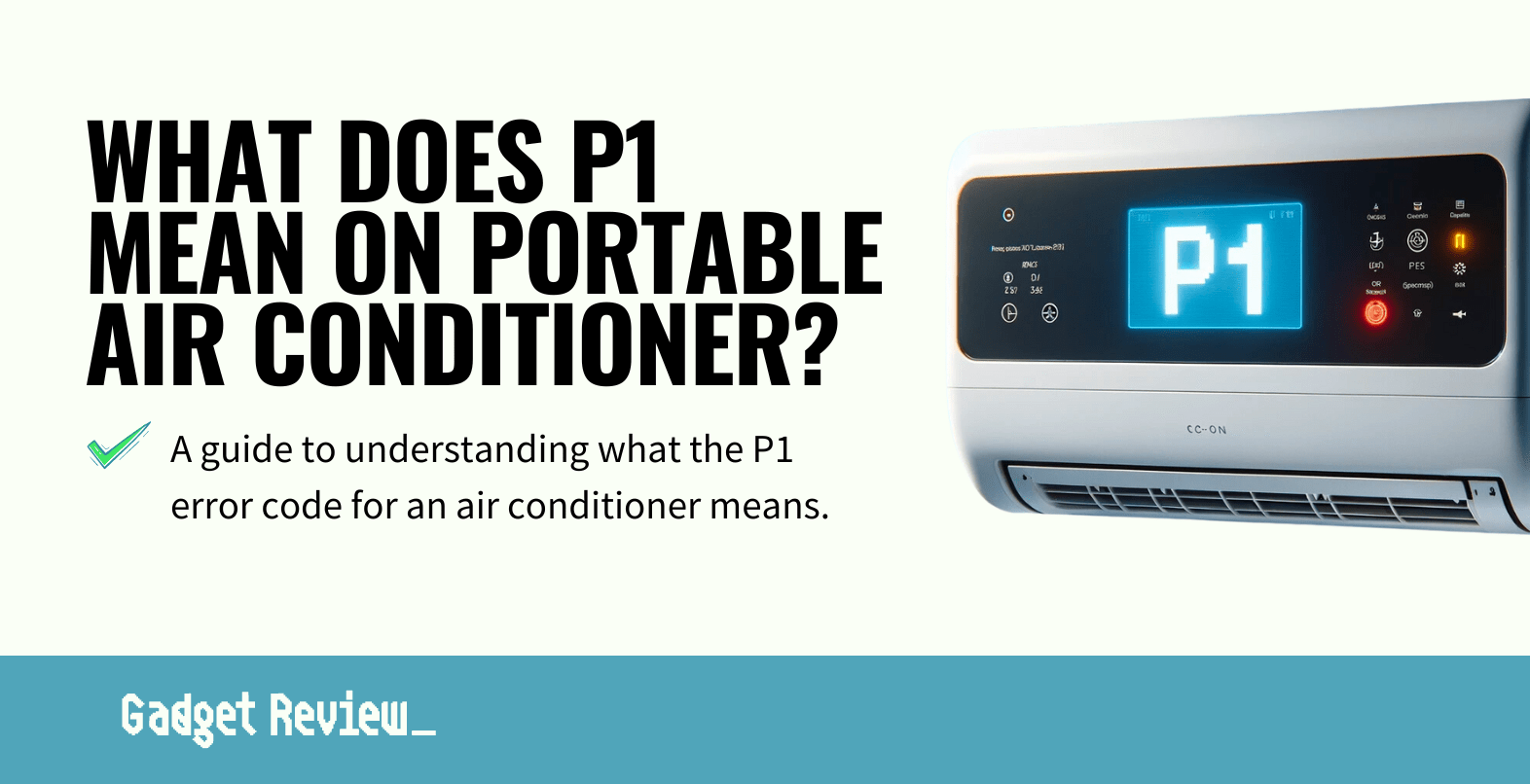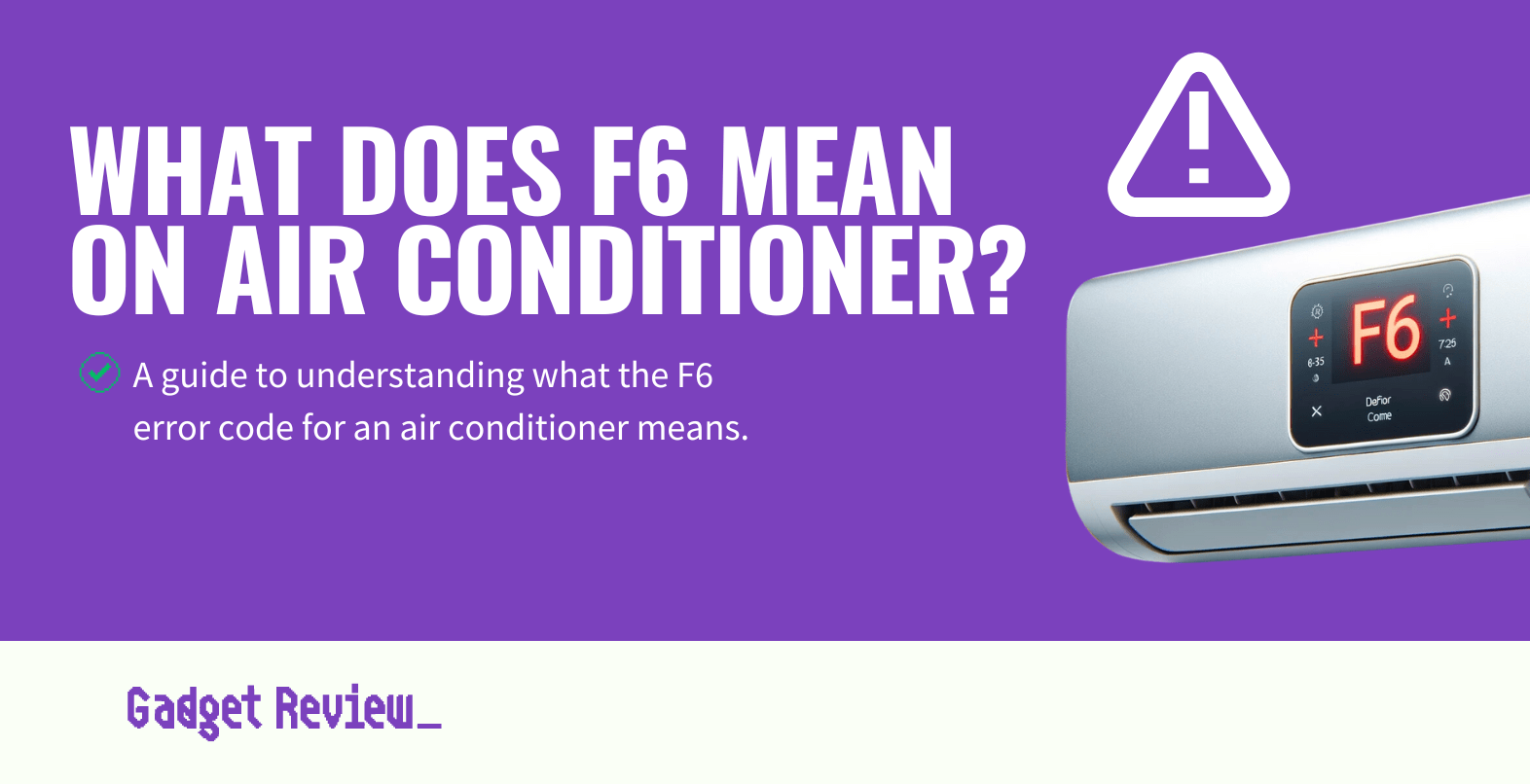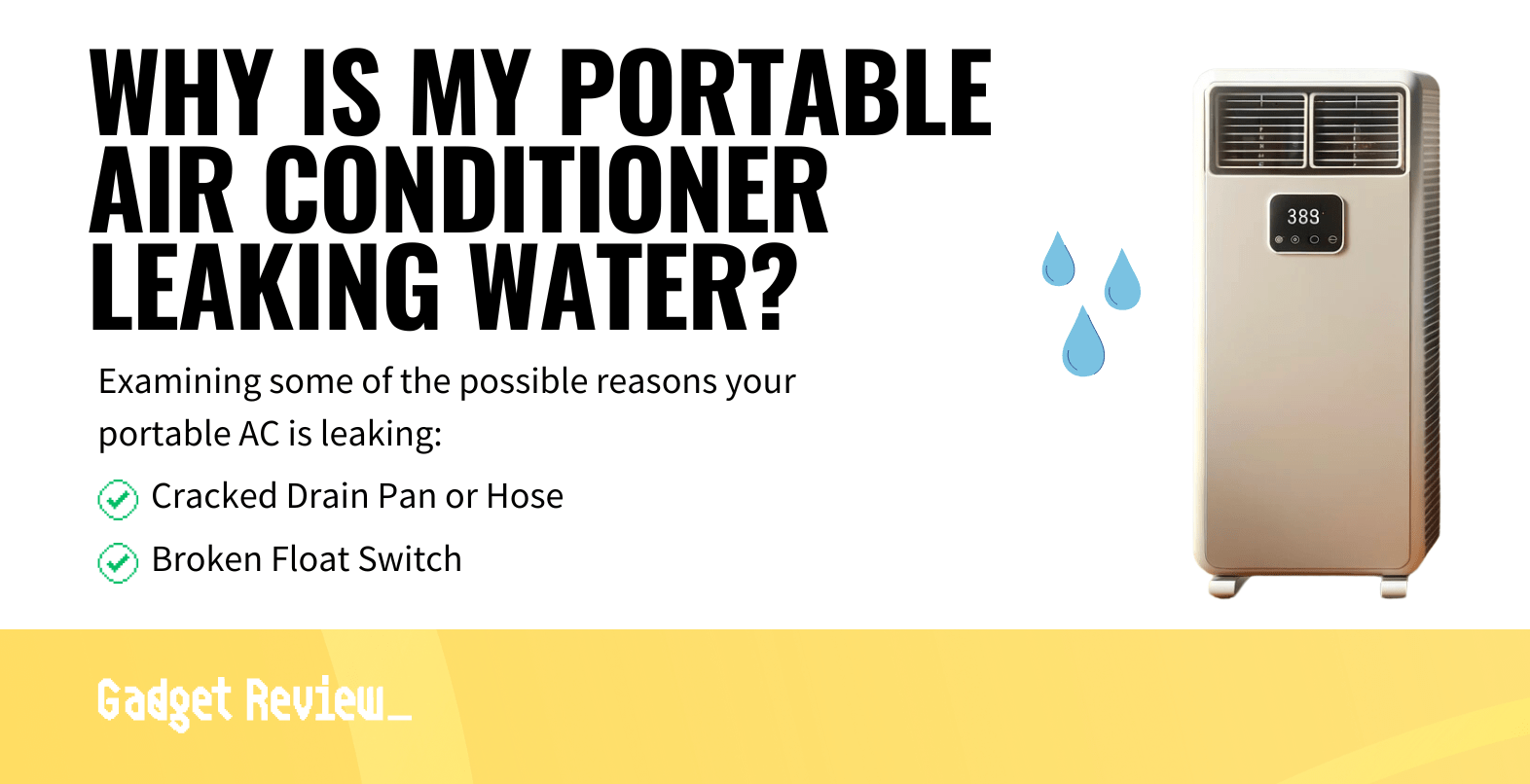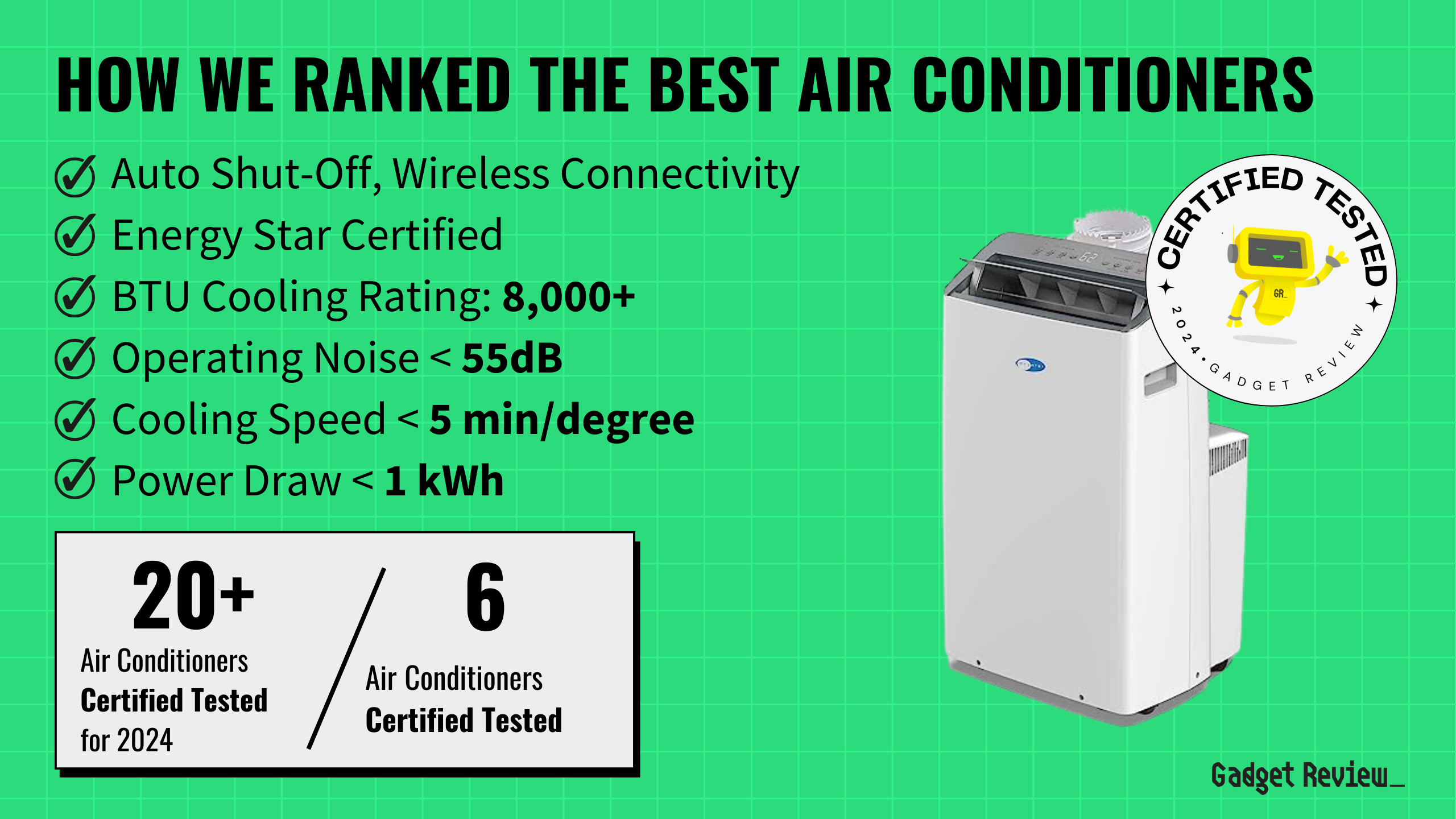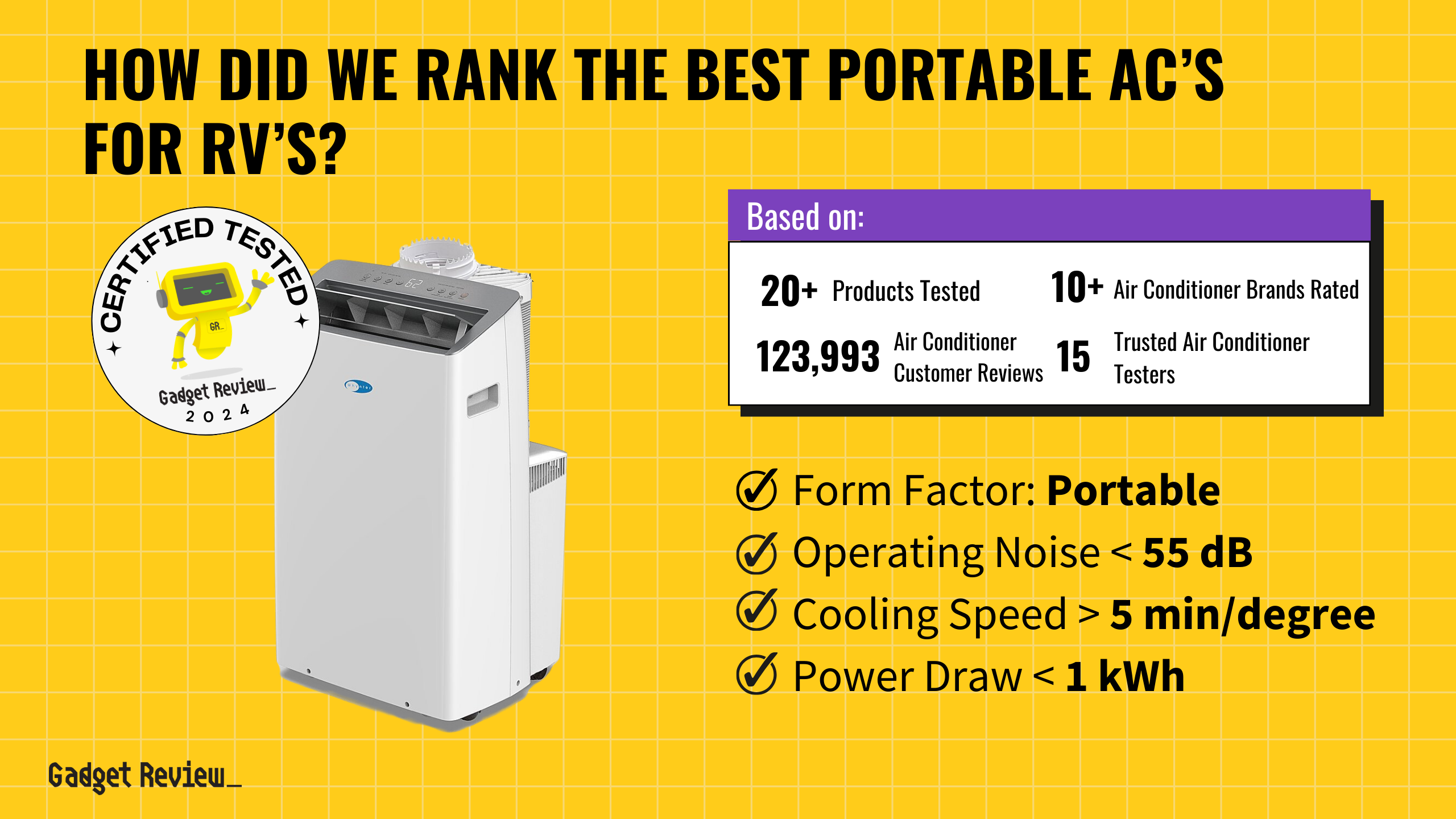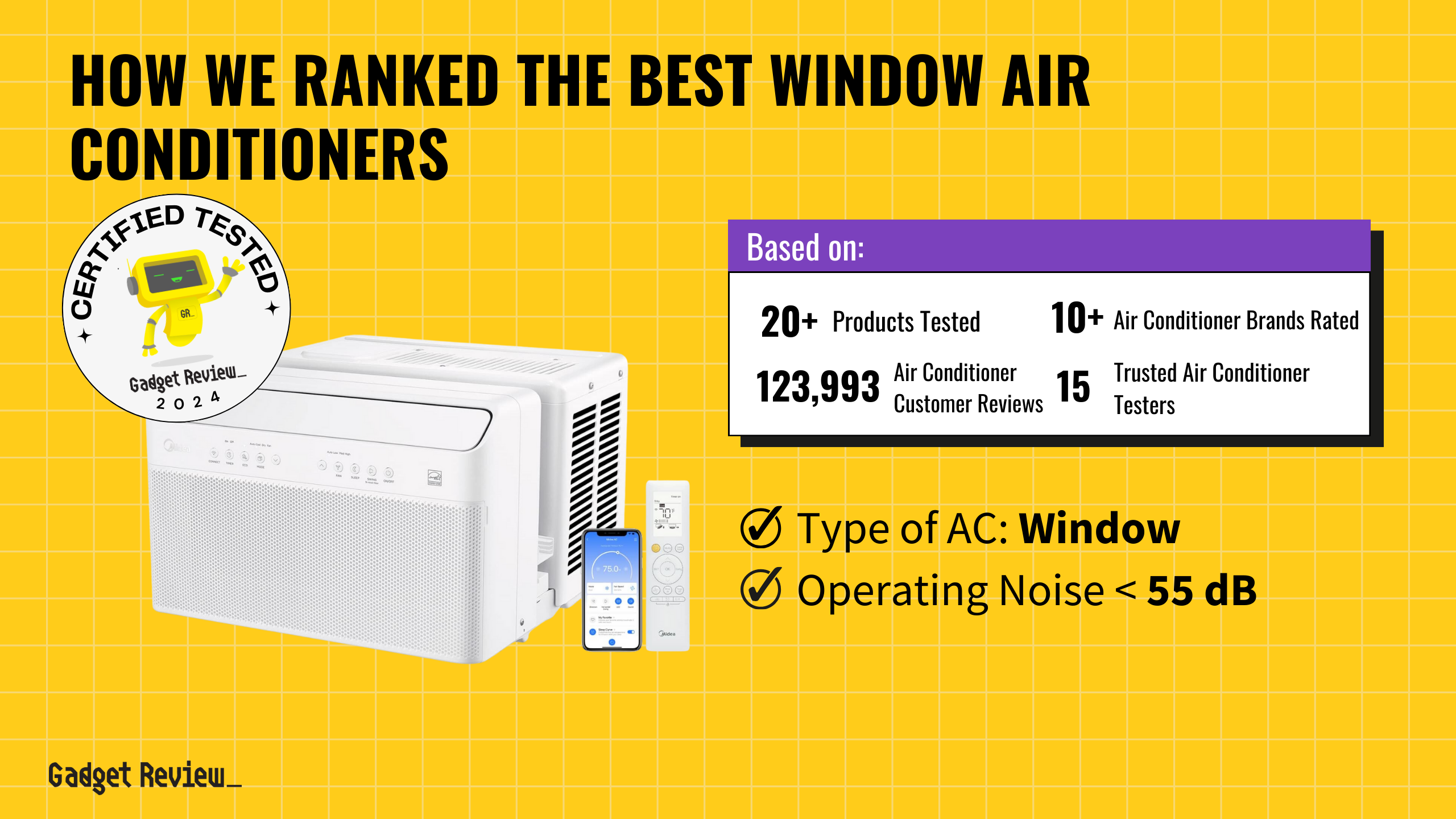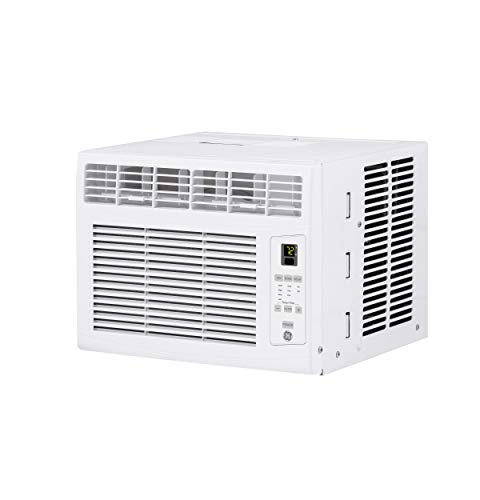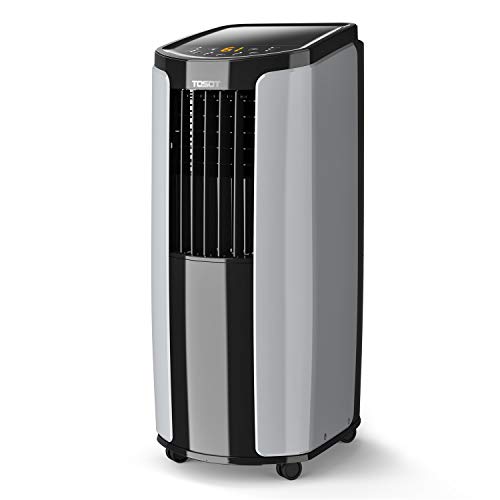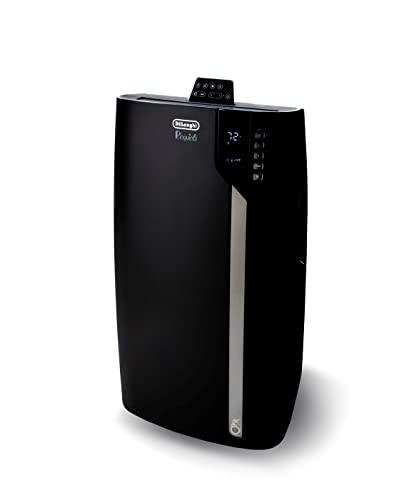As temperatures soar, the quest for efficient cooling solutions becomes paramount. Among these, air conditioner misters have emerged as a promising idea to enhance the performance of units, from the best air conditioners for your home to industrial systems. These devices, designed to work with your central air conditioner or heat pump, promise not only to keep people cool but also to manage energy costs effectively. But how do these mister devices, designed to cool the coils outside, helping to reduce extreme temperatures during use, stand up to the heat, especially in varying climates and conditions?
Key Takeaways_
- Air conditioner misters are third-party accessories that attach to the coil of an external air conditioning unit or central air conditioner.
- These misters work to cool down the coils during use, deploying evaporative cooling, resulting in better efficiency during the summer months and a reduced ambient temperature.
- AC misters help reduce your monthly energy bills and are, on average, easy to install and operate.
Do These AC Misters Actually Work?
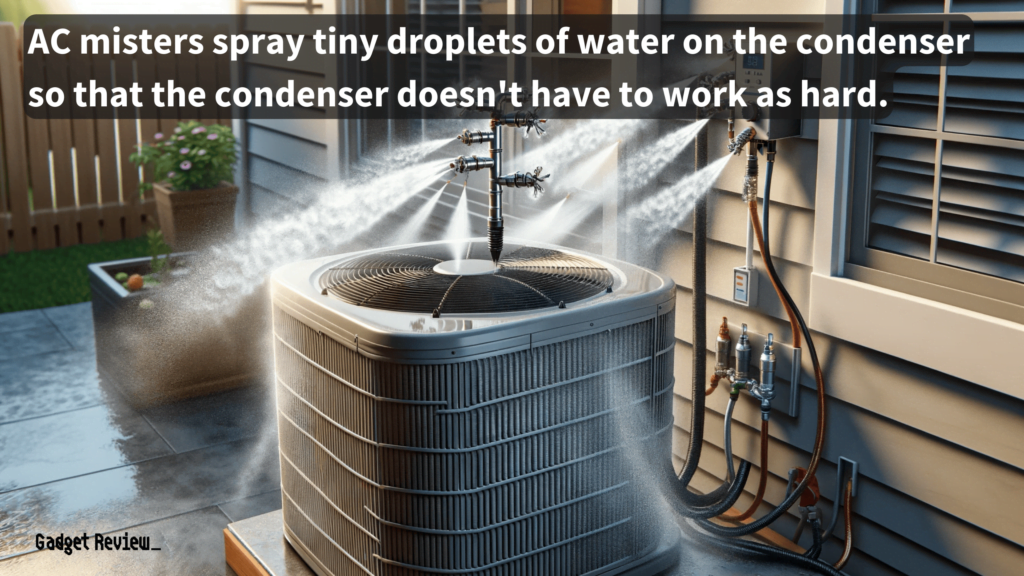
Yes, AC misters work but don’t expect miracles. They adequately cool down the coils of your AC unit, which leads to a slight increase in efficiency and a slight reduction in monthly energy bills.
To understand why, let’s explore what these devices are, how they work, and their pros and cons.
What Are AC Misters?
AC misters, or air conditioner misters, are innovative devices that attach to the condenser unit of your air conditioner.
Their primary function is to apply a fine spray of water to the condenser coils, leveraging the principle of evaporative cooling.
This method is not entirely new; it draws inspiration from traditional swamp coolers but is engineered for modern air conditioners, including central units and more compact residential options.
By introducing water into the air around the outdoor unit, these devices aim to enhance the cooling efficiency of existing systems.
How Do AC Misters Work?
The science behind AC misters is rooted in evaporative cooling, a natural process where water absorbs heat to change from liquid to vapor.
When an AC mister sprays water onto the condenser fins of an outdoor unit, the water evaporates, pulling heat from the air and lowering the ambient temperature around the condenser coils.
Much like comparing a box fan vs. air conditioner scenario shows that while a box fan is more energy-efficient and cheaper to run, it does not cool the air but merely circulates it; a mister doesn’t cool your space but helps with efficiency.
STAT: Evaporative cooling is not a new concept. In fact, it’s been around for tens of thousands of years. It’s so basic that it is designed into our biology. It is the principle our bodies use to stay cool in hot temperatures. (source)
This drop in air temperature reduces the head pressure and the compressor’s workload, allowing the air conditioner to operate more efficiently. This process is particularly effective in hot temperatures where the difference between the ambient temp and the design temp of the AC unit is significant.
The Pros of AC Misters
The allure of AC misters lies in their ability to reduce energy costs without compromising cooling efficiency. By lowering the air temperature around the outdoor coil, these devices help the air conditioner perform better under less strain, potentially extending the lifespan of the compressor and other critical components.
Moreover, in dry climates where evaporative coolers are already popular, adding a mister device can make the cooling from water even more cost-effective.
The minimal cost of water, even when factored into the water meter, is often offset by the savings in energy consumption.
The Cons of AC Misters
However, the idea of spraying water onto an air conditioner’s outdoor unit is not without its drawbacks.
The primary concern is the potential for mineral deposits to form on the condenser coils and fins, which can insulate the coils and reduce their efficiency over time.
Additionally, the constant presence of water can accelerate corrosion, leading to maintenance issues. The effectiveness of AC misters also varies with humidity levels and water quality; in areas with high mineral content in the water supply, the risk of scaling increases.
Alternatives to AC Misters
For those wary of the potential downsides of AC misters, there are alternatives.
High-efficiency air conditioners, geothermal cooling systems, and even traditional swamp coolers offer energy-efficient solutions without the concerns associated with water use.
Additionally, simple maintenance practices, such as regular cleaning of condenser coils and ensuring proper airflow around the outdoor unit, can significantly improve the efficiency of existing air conditioners.
When considering a heat pump vs AC, it’s important to note that heat pumps can provide both heating and cooling, making them a versatile option for year-round climate control, unlike AC misters which are solely focused on enhancing cooling efficiency.
Maintenance Tips for AC Misters
To mitigate the risks associated with AC misters, regular maintenance is crucial.
This includes inspecting and cleaning the nozzles, checking the water quality, and monitoring the system for any signs of mineral deposits or corrosion.
Ensuring that the water supply is free from high mineral content and that the filters are regularly replaced can help maintain the efficiency of the mister system and the air conditioner as a whole.
Installation Guide
Installing an AC mister involves connecting the device to an outdoor faucet and positioning the nozzles to effectively target the condenser coils.
The design of the mister system should consider the ambient temperature, humidity levels, and the specific requirements of the air conditioning unit.
It’s essential to follow the manufacturer’s guidelines to avoid issues with water pressure and to ensure that the spray of water is evenly distributed across the condenser unit.
insider tip
Read the instructions beforehand to ensure proper use of your mister and to ensure it integrates nicely with your AC unit.
Ultimately, AC misters present an intriguing solution to the challenge of cooling buildings efficiently in hot temperatures.
While they offer the promise of reduced energy costs and improved performance for air conditioners, potential users must weigh these benefits against the risks of mineral deposits, maintenance issues, and the suitability of their climate and water quality.
As with any cooling solution, the key lies in finding the right balance between efficiency, cost, and long-term sustainability.


